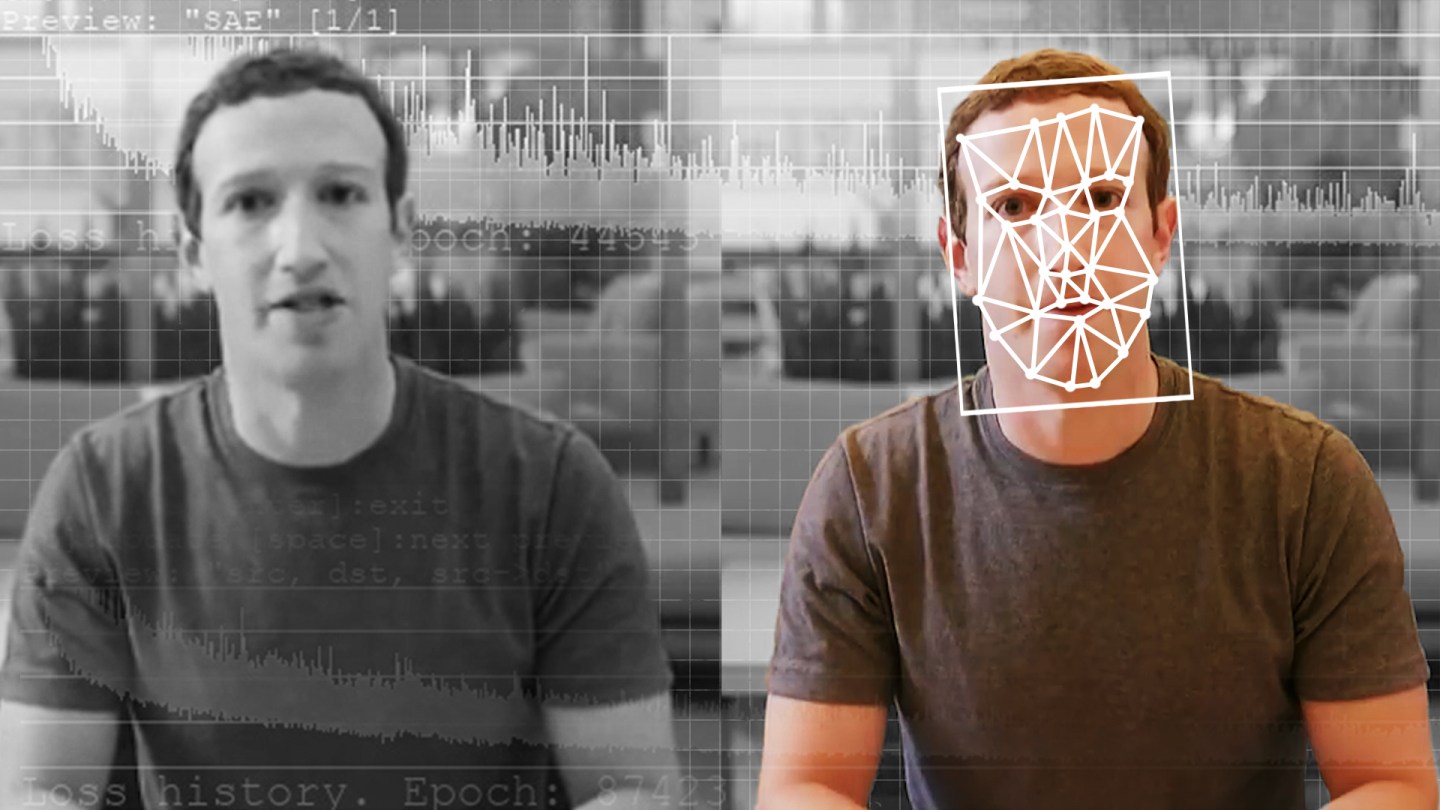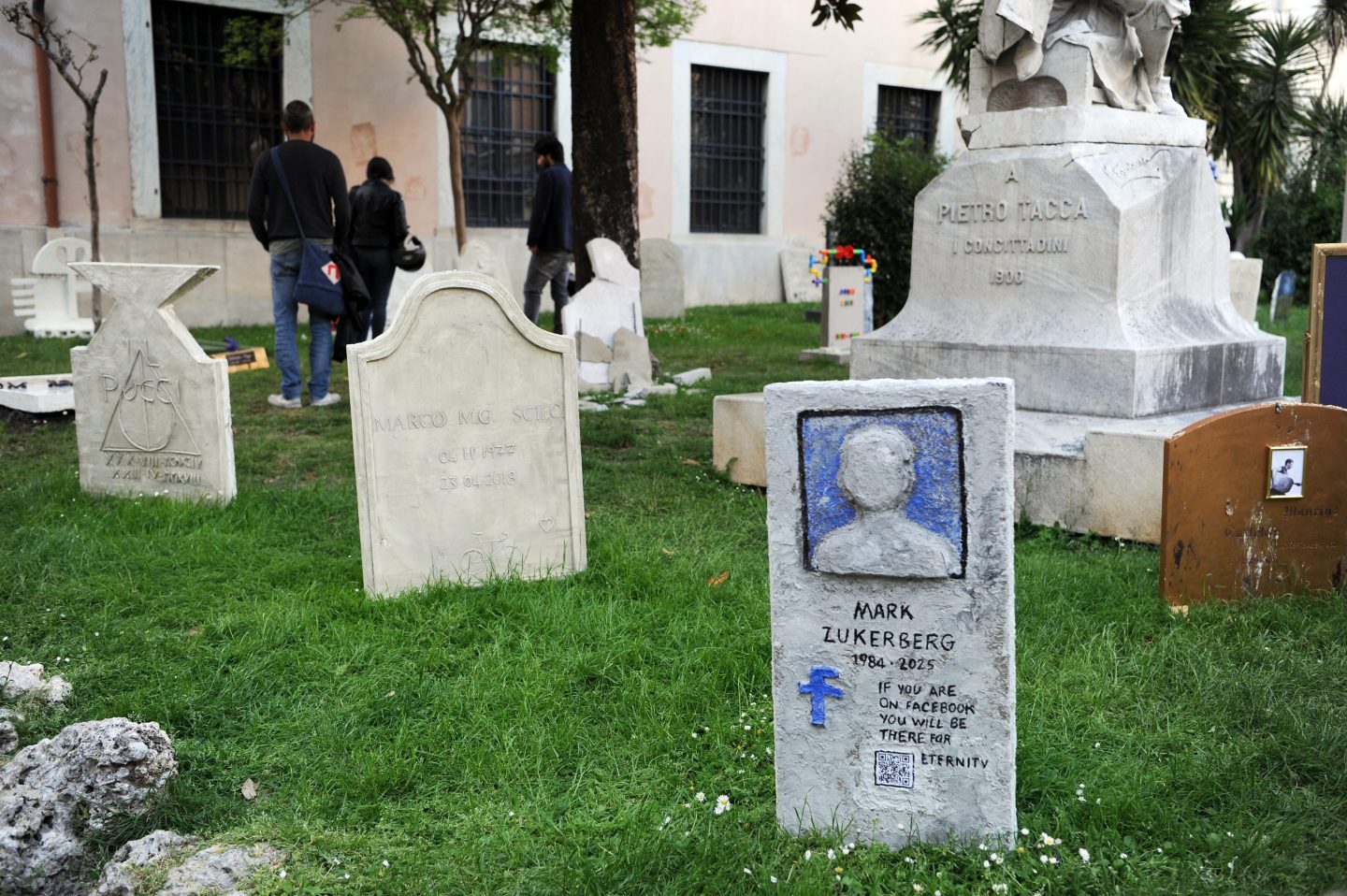The risk of nuclear war between Russia and the West is now “considerable,” according to Russian Foreign Minister Sergei Lavrov.
Lavrov’s assertion, made in a Monday interview with Russian state TV, echoed recent propaganda that has played up the likelihood of NATO provoking hot conflict with Russia, and even claimed that war is beginning. “NATO is essentially going to war with Russia through a proxy and arming that proxy,” Lavrov said in reference to Western heavy-arms shipments, which he said “will be a legitimate target for the Russian Armed Forces.”
The foreign minister claimed he did not want the risk of nuclear war to be “artificially inflated,” but said it was “serious,” “real,” and “cannot be underestimated.”
“Russia loses last hope to scare the world off supporting Ukraine. Thus the talk of a ‘real’ danger of WWIII,” tweeted Lavrov’s Ukrainian counterpart, Dmytro Kuleba, in response. “This only means Moscow senses defeat in Ukraine. Therefore, the world must double down on supporting Ukraine so that we prevail and safeguard European and global security.”
Meanwhile, Mykhailo Podolyak—a key adviser to Ukraine’s President Volodymyr Zelenskyy—contrasted Lavrov’s threat and Russian social media censorship with Elon Musk’s headline-grabbing acquisition of Twitter, made “in the breaks between launching rockets into space.”
“Civilization abyss,” he said.
In Monday evening’s interview, Lavrov indicated that the current danger may be greater than that faced at the most dangerous moment of the Cold War.
“During the Cuban missile crisis there were not many written rules. But the rules of conduct were clear enough. Moscow understood how Washington was behaving. Washington understood how Moscow was behaving,” Lavrov said in the interview. “Now there are few rules left.”
Lavrov noted the multiple joint statements issued by Russia and the U.S. in the last year, that reaffirmed the principle that nuclear war must never be fought. However, he bemoaned the Trump administration’s 2019 decision to pull the U.S. out of the Intermediate-Range Nuclear Forces (INF) Treaty, which President Trump said Russia had been “violating…for many years.” The foreign minister said the sole remaining arms control instrument is the New Start nuclear arms reduction treaty, which Russia and the Biden administration extended last year.
Russia has the world’s largest stockpile of nuclear warheads, with around 6,250 in total. The U.S. has around 5,550. These are fractions of the stockpiles that both countries once held, during the Cold War, but it doesn’t take many warheads to erase cities.
As strategic studies professor Phillips O’Brien told Fortune last week, Russia’s nuclear weapons are all that poses a threat to NATO right now, because the Russian army has taken “huge losses” in its Ukraine campaign.
Earlier this month, the Kremlin hailed the successful test of a nuclear-capable intercontinental ballistic missile (ICBM) called Sarmat. However, Russia gave the U.S. a heads-up first, to avoid misunderstandings, and the Pentagon claimed not to be worried about the episode, despite its conspicuous timing. Sarmat is expected to go into production later this year, following further testing.
President Vladimir Putin put the country’s nuclear forces on special alert at the start of the Ukraine invasion. Russian propagandists regularly repeat a quote of his from 2018, in which he asked why Russia would need the world if Russia wouldn’t be in it—Putin and his administration tend to frame the Ukraine conflict as existential for Russia.
Sign up for the Fortune Features email list so you don’t miss our biggest features, exclusive interviews, and investigations.











